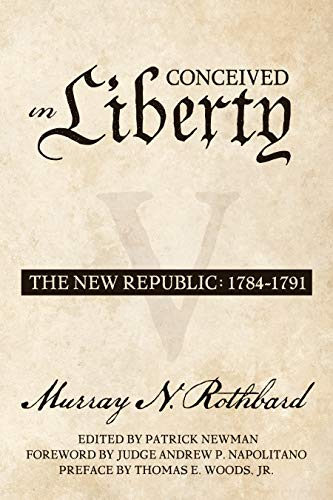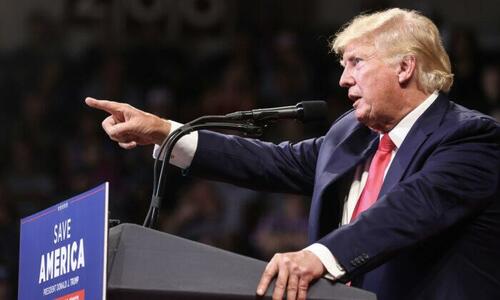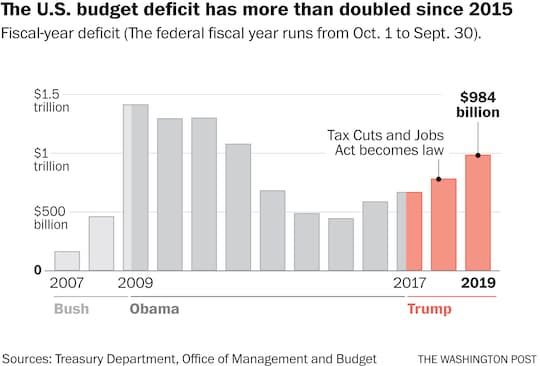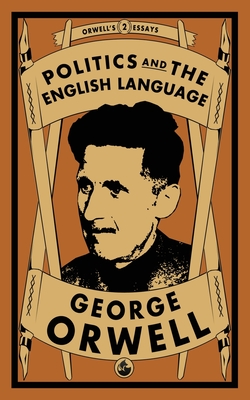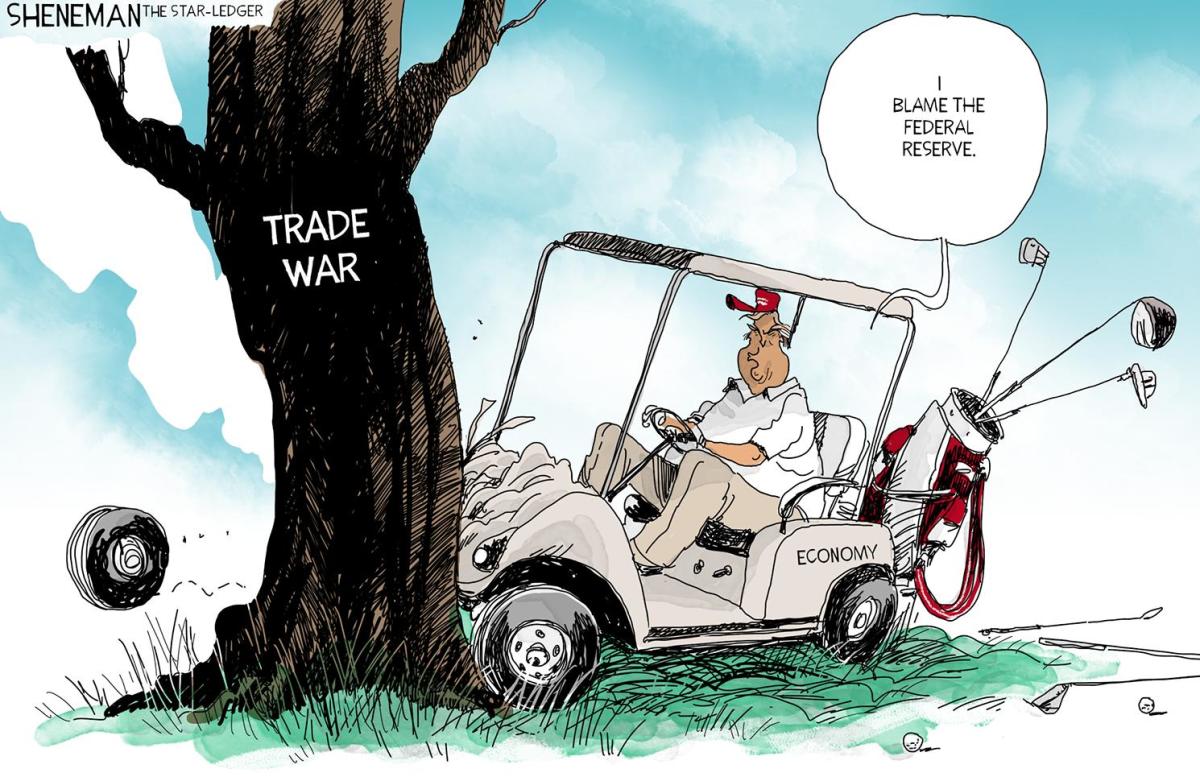
The recent run-up in the gold price has not garnered the attention among the mainstream financial media outlets as it should. Gold has, in part, been overshadowed by the rise in the price of bitcoin and other cryptocurrencies.
Naturally, the financial press, which is really an arm of the government and its central bank, wants to ignore, as much as possible, references to gold as protection against the continuing increase in the price level which itself has been deliberately understated by monetary officials. The media and government understand that precious metals are the ultimate security against runaway inflation and economic collapse.
While the increase in the gold price has reached nominal highs, it and the price of silver have not passed their all-time 1980 highs in real terms. Adjusted for inflation, gold would have to rise to about $3590 an ounce while silver would have to surpass $50 an ounce. Both are poised to exceed these watermarks in the not-too-distant future.
Precious metals will continue to escalate unless the Federal Reserve radically changes its interest rate policy to combat inflation as former Fed Chairman Paul Volcker once did. Volcker raised interest rates to double-digit levels which caused gold prices to fall. While Volcker could get away with such actions (because, at the time, the U.S. was still a creditor nation), current Chair Jerome Powell cannot because of the enormity of public and private debt. Double-digit interest rates would collapse the economy and plunge millions of Americans into bankruptcy.
The rising price of gold is anticipating some of the promised policy actions of the Fed. Since the end of last year, the central bank has indicated that it would be cutting interest rates. In addition, Powell is considering ending the Fed’s “Quantitative Tightening” (QT) program. Both are highly inflationary.
While commentators have focused on gold’s spectacular price rise, there is an underlying issue that is also taking place. The record setting gold price is signaling that the present fiat monetary order, which is based on the dollar as the world’s reserve currency, is coming to a financially unpleasant end.
Ever since 1971, when the Nixon Administration closed the “gold window,” refusing to redeem gold for dollars held by foreign central banks, the world has been on a “dollar standard” where bank reserves are held in Greenbacks. If the Fed continues to print dollars to sustain government spending at this rate, the dollar will continue to lose purchasing power and foreigners will no longer want to hold them. Foreign central banks will then turn to gold. In fact, central banks are already increasing their positions in gold which has been a catalyst that has fueled the latest rally.
Not surprisingly, the Fed has not purchased much gold (or is not admitting publicly that it has) since it would be a bad look for the issuer of the world’s reserve currency to be abandoning its own currency for gold.
Besides the severe financial implications if the dollar is dethroned, there will be dramatic geopolitical repercussions from the loss of its hegemony. Just like the British pound was replaced as the dominant world currency after England insanely exhausted itself in fighting WWII and ending its empire, America will face a similar future when the dollar becomes just another money. Many will see it as a “blessing” if and when the U.S. Empire comes to an end.
While it would appear logical and morally sound to replace the present crumbling monetary order with one based on gold and silver, a far worse paradigm than even the present one is, no doubt, being planned. The new system will be one of central bank digital currency (CBDC) which would give governments and bankers the power to monitor and control all aspects of economic and social life.
Some states have passed legislation to counter CBDC, such as Florida in 2023 under Governor Ron DeSantis who said: “The Biden administration’s efforts to inject a Centralized Bank Digital Currency is about surveillance and control. Today’s announcement will protect Florida consumers and businesses from the reckless adoption of a ‘centralized digital dollar’ which will stifle and promote government-sanctioned surveillance. . . .”*
While the press and policy makers have ignored the surge in precious metal prices, it should be a warning to everyone that difficult economic times are still yet to come with the potential of a new draconian monetary order to be installed on the horizon. Observant individuals should heed gold’s signals and take appropriate measures to safeguard their futures.
*https://www.flgov.com/2023/03/20/governor-ron-desantis-announces-legislation-to-protect-floridians-from-a-federally-controlled-central-bank-digital-currency-and-surveillance-state/
Antonius Aquinas@AntoniusAquinas







